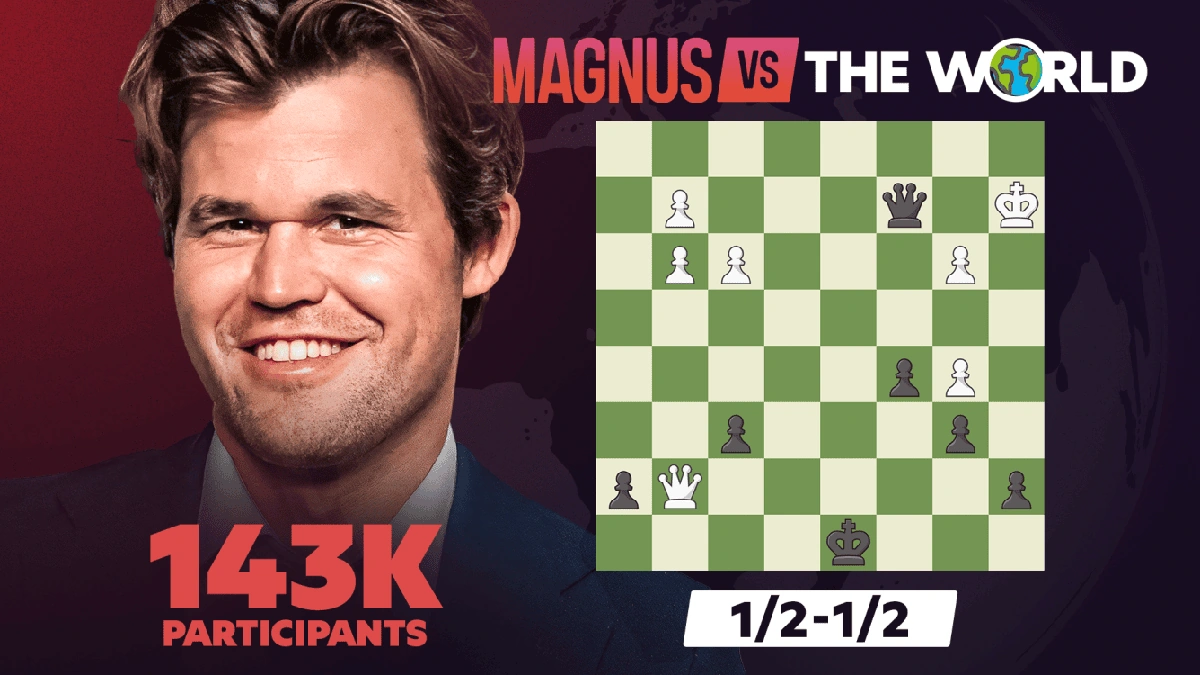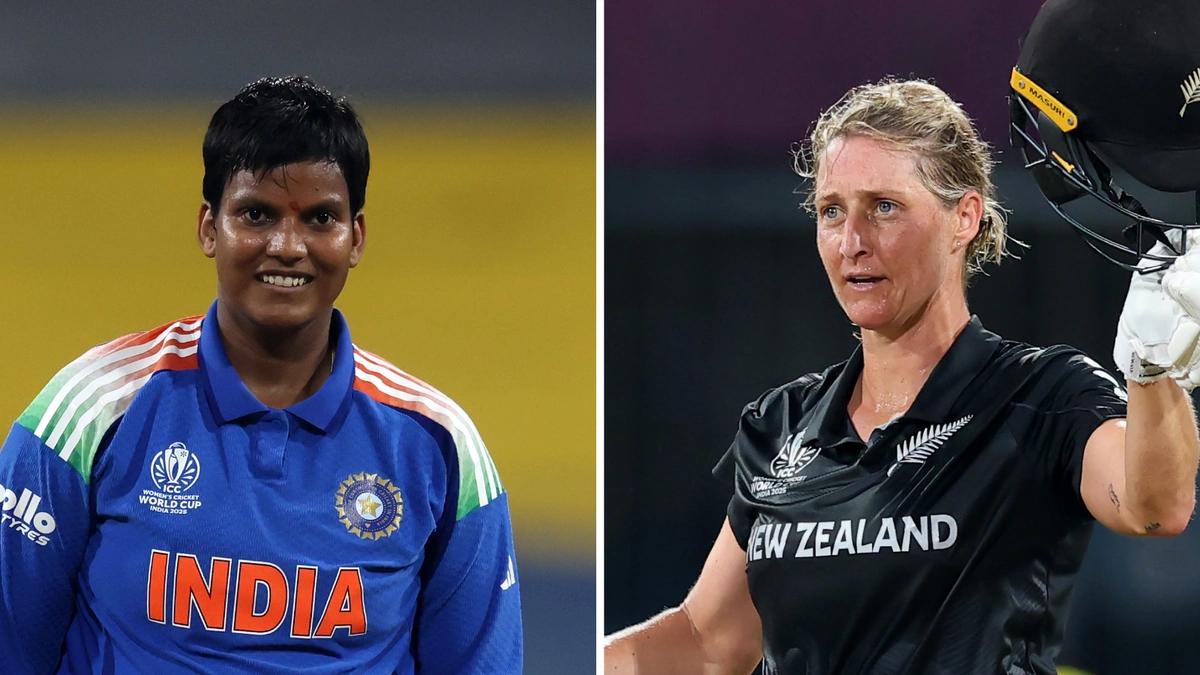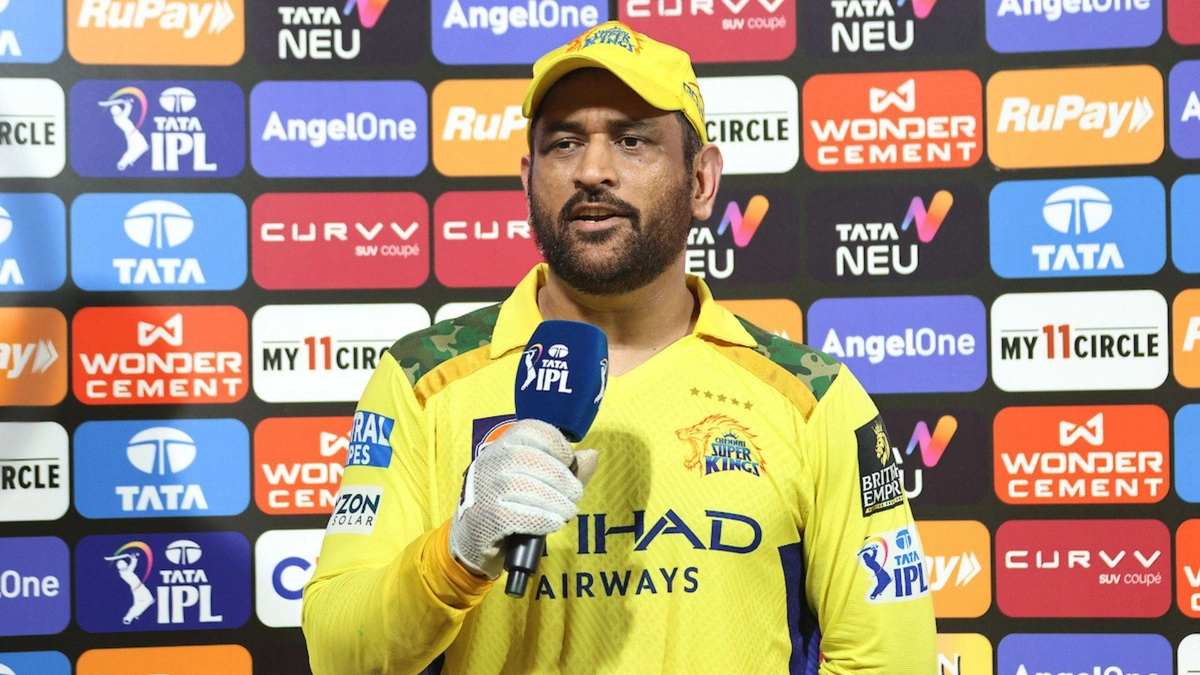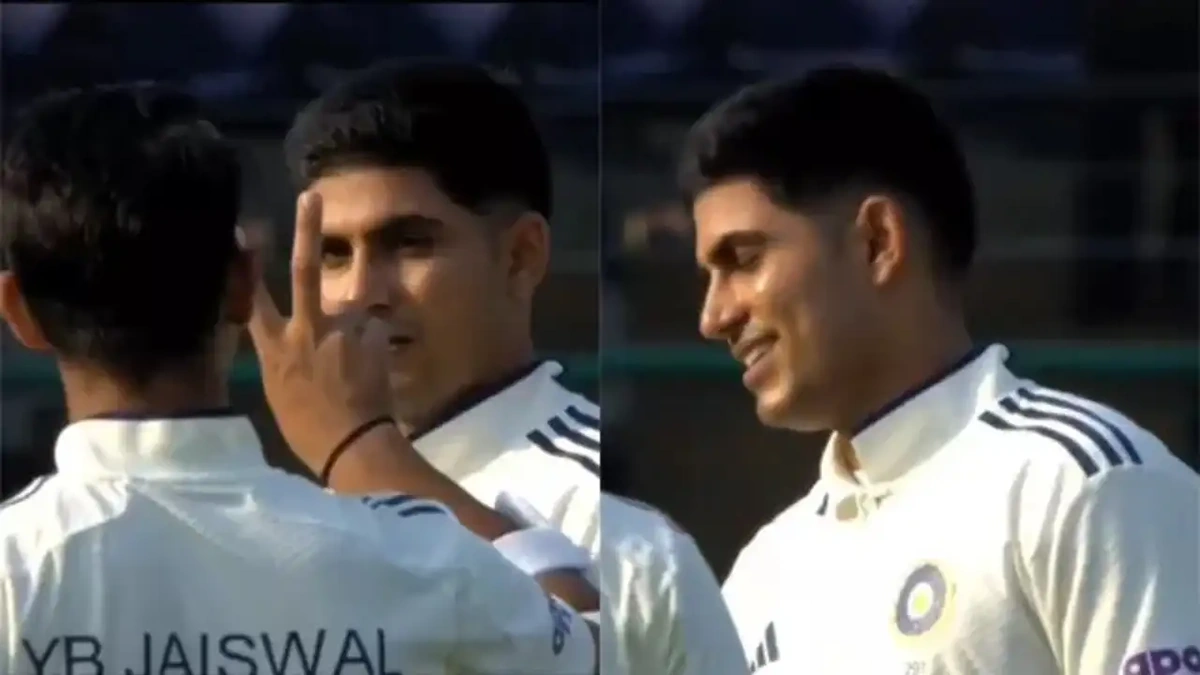About Magnus Carlsen
Magnus Carlsen . The name itself conjures images of a chess prodigy, a world champion, and perhaps even a touch of enigma. But who is Magnus Carlsen beyond the accolades and the Elo rating? That’s the question that’s always fascinated me. It’s not just about his wins; it’s about how he wins, and what makes him tick. Let’s dive deep, shall we? It is not only about chess grandmaster and about his life.
The Early Years | From Prodigy to Phenomenon
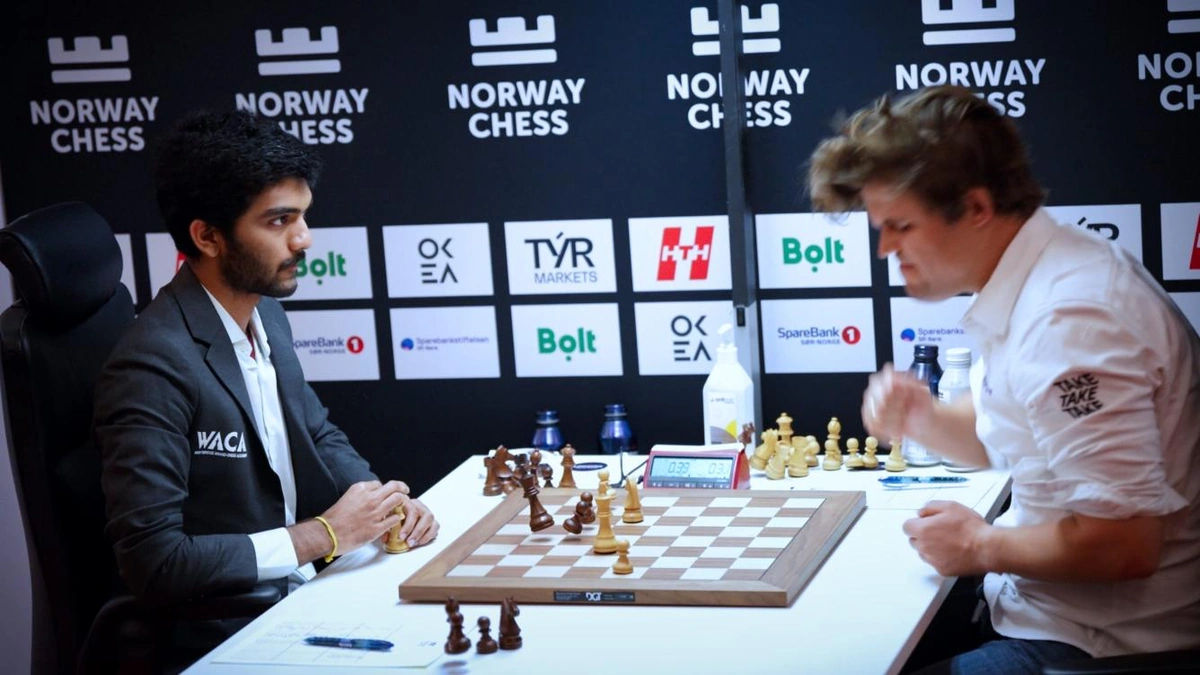
Many know the bare facts: Magnus Carlsen was born in 1990 in Norway. But the real story is far more interesting. We aren’t talking about some kid who was force-fed chess from dawn till dusk. He was, by all accounts, a pretty normal kid – obsessed with numbers, yes, but also Legos and duck tales. It wasn’t until around age 8 that chess truly captured his imagination. What’s truly remarkable is that he seemingly taught himself, devouring chess books and analyzing games with an almost unnatural intensity. It’s this self-driven curiosity, this innate desire to understand the ‘why’ behind every move, that truly set him apart. I think chess tactics is what got him to think outside the box.
And then there’s the story of how he earned his grandmaster title at the tender age of 13. I mean, seriously, what were you doing at 13? I was struggling to understand algebra (and failing miserably!). But Carlsen ? He was out there battling seasoned professionals, displaying a level of strategic depth and endgame prowess that defied his years. This incredible aptitude for chess led to many awards including chess awards and trophies.
The Carlsen Style | Intuition Over Calculation?
Here’s the thing about Magnus Carlsen’s playing style – it’s notoriously difficult to pin down. Unlike some grandmasters who rely heavily on rote memorization and deep calculation, Carlsen seems to operate on a different plane. There’s an intuitive, almost artistic quality to his game. He often sacrifices material for positional advantages, slowly strangling his opponents with subtle yet relentless pressure. Some call it ‘positional chess,’ but honestly, it’s more than that. It’s like he feels the board, anticipates his opponent’s moves several steps ahead, and exploits even the tiniest inaccuracies. This made him win various chess competitions. The chess competitions that he played have made him famous.
What fascinates me is his endgame mastery. He can squeeze water from a stone, converting the most seemingly drawish positions into victories. It’s a testament to his patience, his precision, and his unwavering belief in his ability to find a winning path, no matter how narrow. It is also important to remember that Carlsen chess is not like any other chess strategy .
Breaking the Mold | Beyond the 64 Squares
Magnus Carlsen isn’t just a chess player; he’s a brand. He’s graced magazine covers, starred in commercials, and even launched his own chess-related apps and ventures. He’s brought chess to the masses in a way that few others have. And let’s be honest – that’s a good thing. He has brought this difficult strategy game into the public consciousness. This also includes online chess platforms .
But it’s not just about the money or the fame. He seems genuinely interested in promoting chess and making it more accessible to everyone. He’s a regular participant in online blitz tournaments, often playing under a pseudonym, just for the love of the game. I respect that. He doesn’t have to do that. He could be sitting on his millions, sipping mojitos on a beach somewhere. But he chooses to engage, to compete, and to inspire. This also includes watching chess tutorials and reviewing them.
And here’s where his influence extends beyond the chessboard. He’s a role model for aspiring players, demonstrating that success requires not just talent but also hard work, dedication, and a willingness to constantly learn and evolve. His brand of chess is truly inspiring and unique.
The Future of Carlsen | What’s Next?
So, what’s next for the chess genius ? That’s the million-dollar question, isn’t it? He relinquished his World Championship title, citing a lack of motivation to defend it yet again. Some saw it as a sign of weakness, while others applauded his honesty and his willingness to prioritize his own well-being. Me? I think it’s a bit of both. What is the future of chess?
But whatever he chooses to do, one thing is certain: Magnus Carlsen has already left an indelible mark on the world of chess. He’s not just a champion; he’s an innovator, an icon, and an inspiration. And that, my friends, is something truly special. Perhaps he will start training and mentoring young chess players .
Frequently Asked Questions
What is Magnus Carlsen’s current Elo rating?
Magnus Carlsen’s Elo rating fluctuates, but he consistently ranks among the highest-rated players in the world. Check the official FIDE website for the most up-to-date information.
How did Magnus Carlsen learn to play chess?
He primarily taught himself through books and self-analysis, though he later received coaching to refine his skills.
Why did Magnus Carlsen relinquish his World Championship title?
He cited a lack of motivation to defend the title, stating that he no longer found the process enjoyable.
What is Magnus Carlsen known for?
Magnus Carlsen is best known for his intuitive playing style, endgame mastery, and his ability to convert seemingly drawn positions into wins.
What’s his favorite chess opening?
It varies depending on his opponent, but he’s known for playing a wide range of openings to keep his opponents guessing. He may play chess gambit for fun.
Is he the greatest chess player of all time?
That’s a matter of debate! Many consider him to be the best, while others argue for legendary players like Garry Kasparov or Bobby Fischer. Ultimately, it’s a subjective question with no definitive answer.
